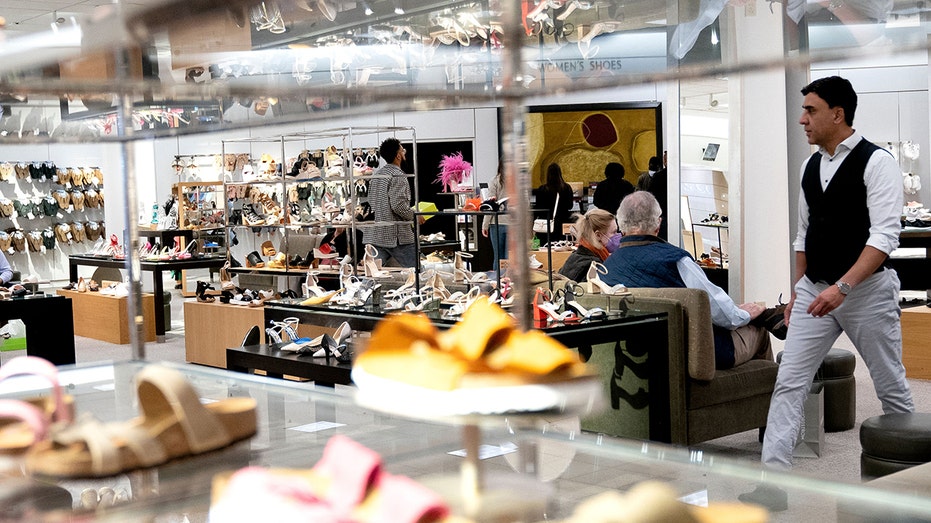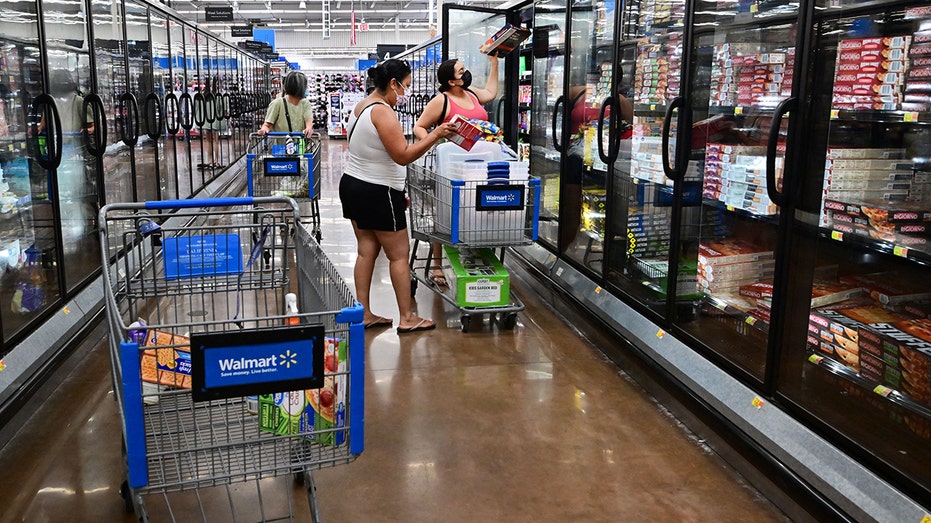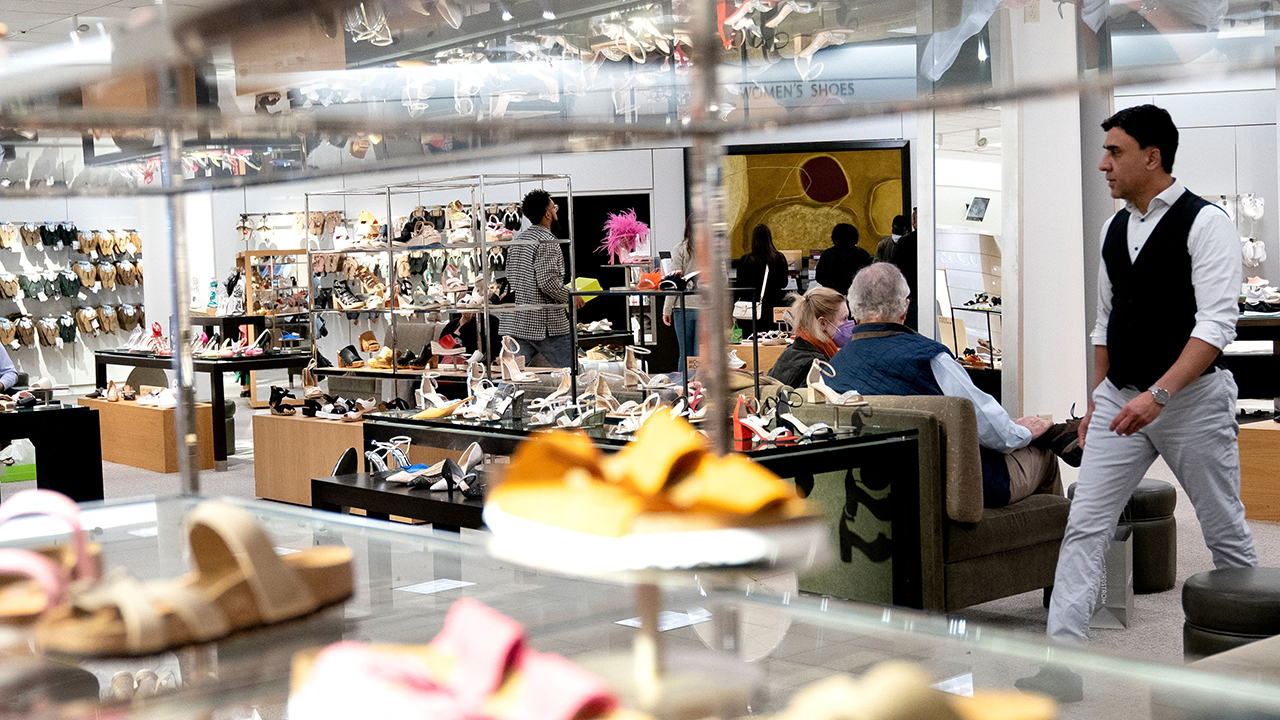Retail sales cool in July as white-hot inflation weighs on spending
Economists expected retail sales to moderate in July as gas prices fell
Retail investors 'severely wounded' in this market: Expert
Evolution VC Partners founder Gregg Smith discusses volatility in the markets and the impact it will have on retail investors.
Spending at retail stores stalled out in July as Americans spent less on gasoline as prices dropped and instead turned to online shopping.
Retail sales, a measure of how much consumers spent on a number of everyday goods, including cars, food and gasoline, was flat at 0% in July, unchanged from the prior month, the Commerce Department said Wednesday. Economists surveyed by Refinitiv expected sales to rise 0.1%.
This marked a major decline from an increase of 0.8% in June, which was downwardly revised from the initial report of a 1% uptick.
The July advance is not adjusted for inflation, meaning that consumers may be spending the same but getting less bang for their buck. When taking inflation into consideration, retail sales would likely show a modest but steady decline in recent months.
HOW HOUSING IS FUELING RED-HOT INFLATION

Shoppers walk through a store at Tysons Corner Mall in Tysons, Virginia, on April 2, 2022. ((Photo by Stefani Reynolds/AFP via Getty Images) / Getty Images)
When excluding spending on autos and gasoline stations, sales actually increased 0.7% in July. Online sales surged 2.7%, boosted by Amazon Prime Day. Spending at home and furniture sales also surged in July, jumping 1.9% for the month.
Sales at bars and restaurants, however, stumbled last month, increasing just 0.1% in July. Food sales also barely edged higher, increasing 0.2% despite a 1.1% price increase for groceries that month.
"Retails sales numbers tell us that as gas prices fell, consumers had more money in their pockets for other items such as furniture and electronics," said Jeffrey Roach, chief economist for LPL Financial. "Declining gas prices suppressed total retail spending in July. Excluding gas, retail sales rose 0.2% from a month ago."
The data comes as consumers face the worst inflation spike in a generation: The government reported last week that the consumer price index – which measures a basket of everyday goods including rent, food and health care – climbed 8.5 % in July. While that is a marked drop from the previous month, it shows that inflation remains painfully high.

People shop for frozen food at a store in Rosemead, California on June 28, 2022. - Americans' feelings about the economy slumped further in June after falling sharply the month before amid concerns over skyrocketing inflation, according to a survey r ((Photo by FREDERIC J. BROWN/AFP via Getty Images) / Getty Images)
GET FOX BUSINESS ON THE GO BY CLICKING HERE
The Federal Reserve has responded to the inflation crisis with the most aggressive action in decades as it races to catch up with runaway consumer prices. Policymakers approved two back-to-back 75-basis point interest rate hikes in June and July – the first since 1994 – and have indicated that another increase of that magnitude is on the table in September. Rising interest rates could force consumers to pull back on spending.





















